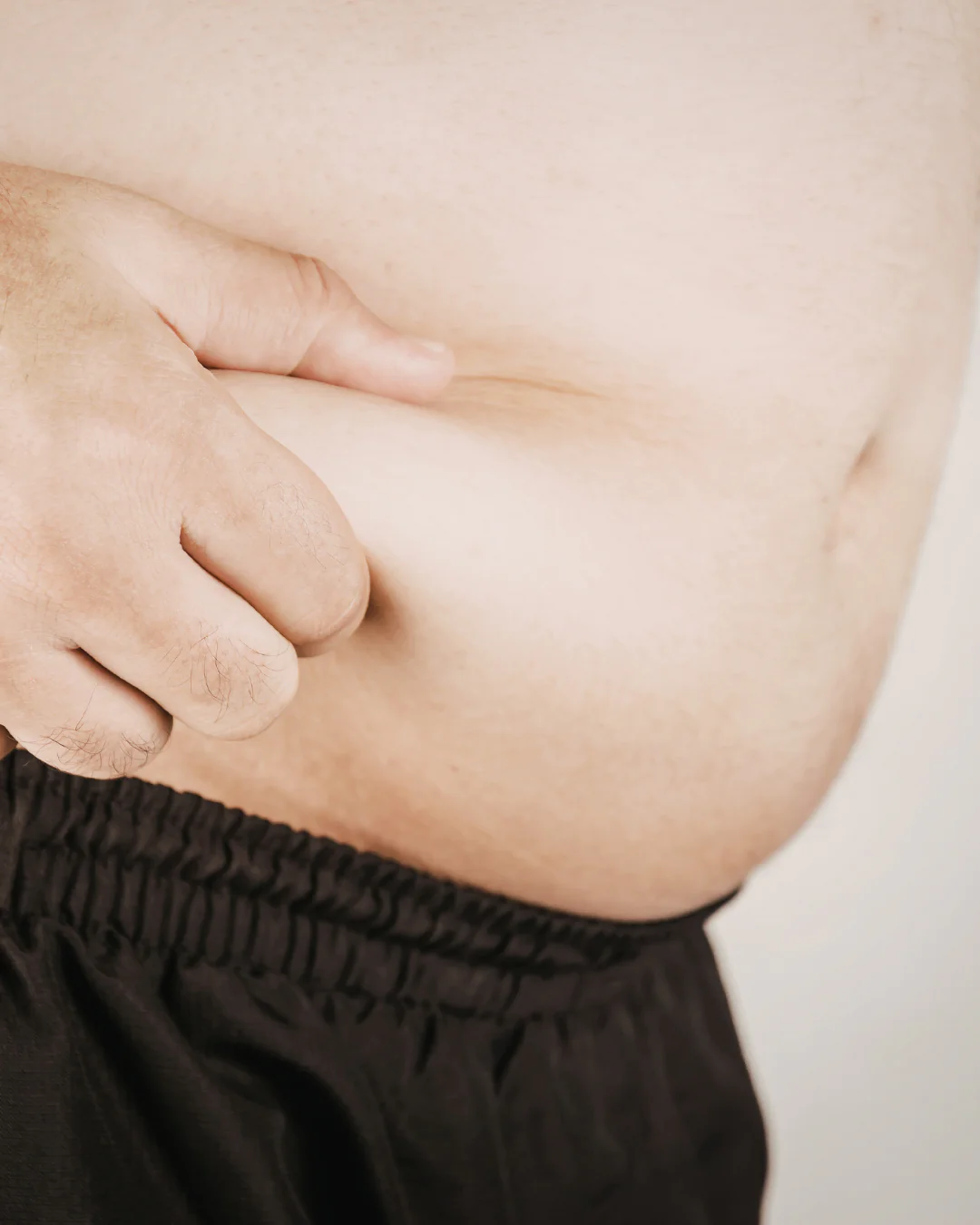Bariatric surgery is a life-changing procedure that helps individuals struggling with obesity achieve significant weight loss. However, while it improves overall health, it also affects the body’s ability to absorb essential nutrients. Procedures such as gastric bypass, sleeve gastrectomy, and duodenal switch reduce the stomach size and, in some cases, alter the digestive tract, leading to potential vitamin and mineral deficiencies.
For this reason, bariatric patients need to take lifelong supplements to prevent deficiencies and maintain overall health. This guide outlines the most important vitamins and minerals to take after bariatric surgery, why they are essential, and how to ensure you are meeting your nutritional needs.
After surgery, you simply will not be able to get all the necessary vitamins and minerals through food alone, no matter how balanced your meals are. A good quality, high-potency multivitamin covers the basics, providing vitamins A, C, D, E, K, and B-complex, as well as minerals like zinc, copper, and selenium.
Why Are Vitamins and Minerals Important After Bariatric Surgery?
Bariatric surgery alters digestion and absorption, meaning that even with a nutrient-rich diet, your body might not be able to extract all the necessary vitamins and minerals. The most common deficiencies after weight loss surgery include vitamin B12, iron, calcium, vitamin D, and folic acid. Without proper supplementation, these deficiencies can lead to serious health problems, including:
- Fatigue and weakness
- Bone loss and increased fracture risk
- Anaemia
- Neurological problems
- Impaired immune function
To avoid these issues, healthcare professionals recommend a structured supplementation plan that ensures bariatric patients receive the nutrients they need for a healthy post-surgery life.
Key Vitamins and Minerals Post-Bariatric Surgery
1. Multivitamin and Mineral Supplement
A good-quality multivitamin is a must for bariatric patients. Since food intake is reduced and nutrient absorption is compromised, a daily multivitamin helps fill nutritional gaps.
- Choose a complete A-Z multivitamin that contains essential vitamins and minerals.
- Look for bariatric-specific multivitamins or over-the-counter options like Sanatogen A-Z Complete.
- Avoid gummies or chewable multivitamins that lack iron or other key nutrients.
Recommended dosage: One multivitamin daily (or as prescribed by your healthcare provider).
2. Vitamin D and Calcium
Calcium is crucial for bone health, and its absorption is significantly affected after bariatric surgery, especially gastric bypass and duodenal switch procedures. Vitamin D enhances calcium absorption, so both should be taken together.
- Calcium citrate is the preferred form, as it is better absorbed than calcium carbonate.
- A common prescription in the UK is Adcal-D3 chewable tablets.
- Calcium and iron should not be taken together as they interfere with each other’s absorption.
Recommended dosage: 1200-1500mg of calcium citrate + 20-30mcg (800-1200 IU) of vitamin D3 daily.
3. Iron
Iron deficiency is common after bariatric surgery, particularly among menstruating women. A lack of iron can lead to anaemia, causing fatigue, weakness, and dizziness.
- Ferrous fumarate (210mg) is commonly recommended.
- Iron supplements should be taken separately from calcium for better absorption.
- Consuming vitamin C (e.g., a glass of orange juice) with iron helps improve absorption.
Recommended dosage: 45-60mg of elemental iron daily (varies based on individual needs).
4. Vitamin B12
Vitamin B12 is essential for nerve function, red blood cell formation, and DNA synthesis. After bariatric surgery, particularly gastric bypass, the body loses its ability to absorb B12 from food.
- Most patients require vitamin B12 injections every 3 months.
- Alternatively, sublingual (under the tongue) B12 supplements may be used.
Recommended dosage: 1mg of vitamin B12 injection every 3 months, or 1000mcg daily via sublingual tablets.
5. Folic Acid
Folic acid is essential for red blood cell production, DNA synthesis, and during pregnancy to prevent birth defects.
- Bariatric patients are at risk of folate deficiency, which can contribute to anaemia.
- Women who are planning a pregnancy should take a higher dose of folic acid to prevent neural tube defects in the baby.
Recommended dosage: 400mcg daily, or 5mg daily for women planning pregnancy.
Pro Tip :
To maximise the effectiveness of supplements, spacing them throughout the day is recommended:
- Morning: Multivitamin + Vitamin B12 (if using sublingual tablets)
- Afternoon: Calcium + Vitamin D (keep at least 2 hours away from iron)
- Evening: Iron supplement + Vitamin C (avoid taking with calcium)
Regular Monitoring
Routine blood tests are crucial to detect any deficiencies early. Your healthcare provider will check levels of iron, B12, calcium, vitamin D, and other essential nutrients. Adjustments to your supplement regimen may be needed based on test results.
Dietary Intake
While supplements are necessary, maintaining a healthy diet is equally important. Prioritise protein-rich foods such as lean meats, eggs, dairy, and legumes, alongside leafy greens and whole grains where tolerated.
Taking the right vitamins and minerals after bariatric surgery is essential for long-term health and well-being. By following a structured supplementation plan, spacing out intake for optimal absorption, and getting regular blood tests, patients can avoid serious deficiencies and maintain a healthy post-surgery life.
If you have undergone bariatric surgery, always follow your healthcare provider’s recommendations and ensure you are taking the correct supplements tailored to your needs.
References:
Aasheim, E.T. et al. (2008). Vitamin status after bariatric surgery: A randomized study of gastric bypass and duodenal switch. American Journal of Clinical Nutrition, 87(5), 1427–1433. Available at: https://academic.oup.com/ajcn/article/87/5/1427/4633401
Wang, Y., Yu, P. & Zhang, Q. (2023). Vitamin and mineral deficiency 12 years after Roux-en-Y gastric bypass. Obesity Surgery, 33(3), 1342–1350.Available at: https://link.springer.com/article/10.1007/s11695-023-06787-w
Patterson, M. & Stevenson, C. (2022). Patient adherence to multivitamin supplementation after bariatric surgery: A narrative review. Journal of Nutritional Science, 11, e47. Available at: https://www.cambridge.org/core/journals/journal-of-nutritional-science/article/patient-adherence-to-multivitamin-supplementation-after-bariatric-surgery-a-narrative-review/3AFBF02EA8242E4EAADCCBA31AD0BBF7
Kim, S. et al. (2022). The need and safety of vitamin supplementation in adults with obesity post bariatric surgery. Nutrients, 14(18), 3795. Available at: https://www.ncbi.nlm.nih.gov/pmc/articles/PMC9395356/




